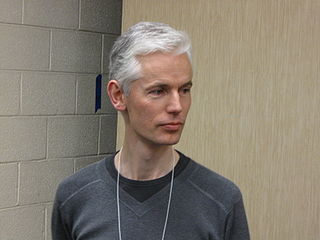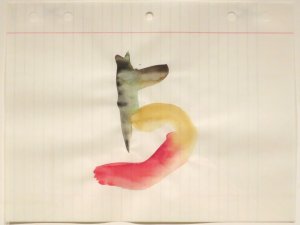A Quote by Samuel Butler
Life is the art of drawing sufficient conclusions from insufficient premises.
Quote Topics
Related Quotes
The art of drawing conclusions from experiments and observations consists in evaluating probabilities and in estimating whether they are sufficiently great or numerous enough to constitute proofs. This kind of calculation is more complicated and more difficult than it is commonly thought to be. . . .






































